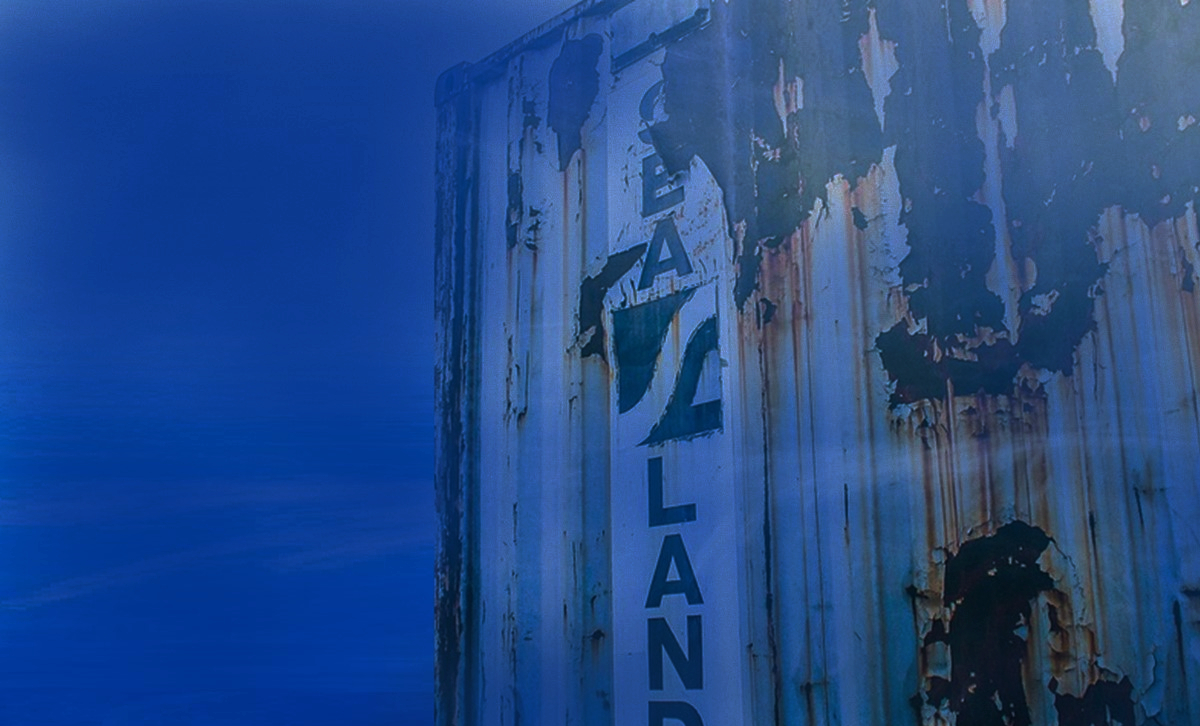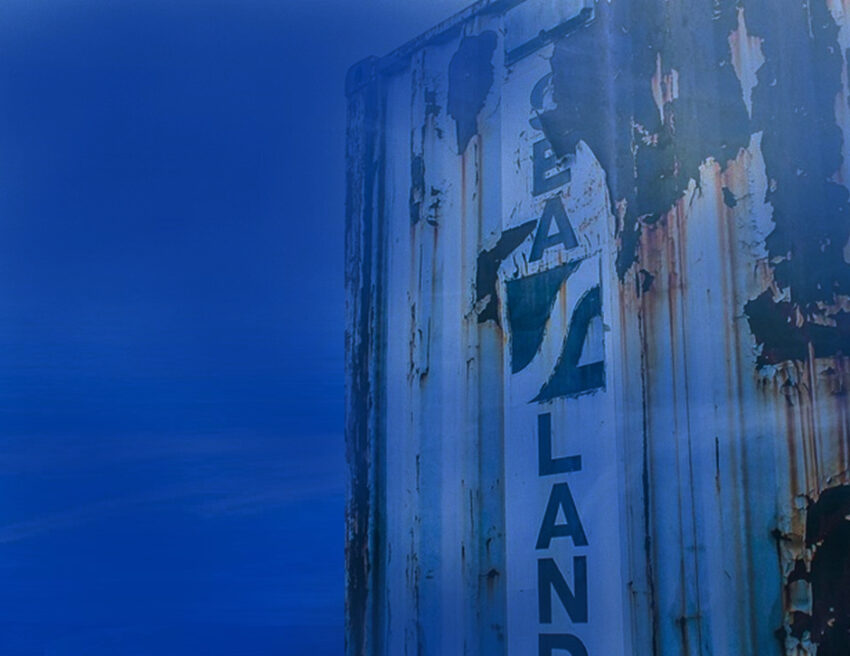Ocean shipping is undoubtedly one the safest and most inexpensive ways of moving cargo across borders. However, inappropriate packaging and several other factors cause substantial damage and might even result in the container sinking in the sea. Containers containing all kinds of cargoes from car tires to electronic products are capsizing at a worrying rate. The result is that cargoes worth millions of dollars are sinking to the depths of the ocean. The container shipping industry is witnessing a high spike in the number of lost containers. As per a 2020 report by the World Shipping Council, an estimated 1,382 containers are lost in the oceans every year. These accidents are jeopardizing the supply chains for several multinationals including Tesla and Amazon. Today’s blog is all about the problem of lost containers, their impact on the environment, and the things we can do to prevent this problem.
Recent instances of lost containers in the container shipping industry
According to a report by Marine Insight, the ocean shipping industry lost 3000 containers within just 90 days. Last year we witnessed how One Apus- a container ship of 14,000 TEUs suffered a massive container stack collapse. This ship encountered a violent storm roughly 1,600 nautical miles from Hawaii. As a result, it lost 1,816 containers that topped overboard and had been lost for good. Out of these 1,816 containers, there were 64 dangerous goods boxes. As per a statement from the ship authorities, “54 of the DG containers carried fireworks, a further eight held batteries and two contained liquid ethanol.”
A few months back, the Evergreen Marine vessel lost 36 of its containers due to strong winds. The container ship that was headed from Busan to Los Angeles was caught in a storm near Japan and that fell 36 containers overboard. However, thankfully there was no hazardous cargo in none of these containers. The ship authorities tried their best to retrieve the lost containers without much success.
In February, the Maersk Eindhoven, lost 260 containers overboard after facing rough sea conditions in the shores of Northern Japan. Moreover, in January 2021, Maersk Essen lost around 750 containers. Such accidents clearly explain why the transportation and logistics companies require greater container visibility and the ability to track every container.
The container shipping industry should look into the reasons behind the problem of lost containers
These successive incidents over the last 6 months raise a crucial question for the container shipping industry. Do large container ships have inherent problems regarding container stowage? Moreover, another problem also needs to be taken into consideration. With the global warming phenomenon, the weather is getting as unpredictable as ever. On the other hand, the size of the container ships is getting bigger and bigger. The containers are also being stacked up much higher than before.
Top-heavy stowage of containers and overworked crews further adds to the problem. Often the ships with a massive number of containers experience a reduced workforce onboard. This makes it extremely difficult for the crew to individually pay attention to every bar and screw.
The rise of e-commerce and the tremendous demand for goods has also added to the problem. The e-commerce boom ever since the pandemic has augmented the urgency of the shipping companies to deliver items as fast as possible. The increased plying of cargo ships implies that these huge vessels are now being loaded too much fuller capacity than before. Additionally, there is commercial pressure on the ships to reach the destination on time, and more often than not they are required to make more trips. Other important reasons behind the rise in container loss are inappropriate stowage, and bad handling and supervision.
The economic and environmental impact of lost containers

To begin with, lost containers result in considerable financial loss for both the carriers as well as the customers of the carriers. A single shipping container can cost several thousands of dollars depending on the size and equipment type. The loss is even greater if the containers were packed with valuable cargo like electronic goods. For this reason, the carriers need to be more mindful about preventing the loss of a single container.
Additionally, lost containers negatively impact the marine ecosystem. For instance, the lost sea containers encourage a large number of marine predators. In their opinion, “Although the effects of one container may seem small, the thousands of shipping containers lost on the seafloor each year could eventually become a significant source of pollution for deep-sea ecosystems.” The paint chips coming off these containers are generally toxic and this further complicates the situation. Containers with dangerous cargo further threaten the marine environment. Moreover, the containers persist for centuries after centuries in the deep sea. They also complicate problems by blocking the path of crowded shipping lanes. This blockage poses a considerable threat to the safety of the ships and their passengers.
How the transportation and logistics industry should deal with this problem?
-
Container tracking solutions
Although it might appear that once a container is placed on a ship there is no cause of concern for a few weeks till it reaches its destination, the reality is not as simple as that. Firstly, several instances suggest that the containers don’t stay put. All the above instances of loss of containers suggest this. According to Gene Seroka, the Executive Director of Port of Los Angeles, ‘having the ability to track every container, its whereabouts along the path and even at rest is very important.’ This is where the container tracking systems come into play. A container tracking system allows the transmission of real-time information during an unforeseen event. The IoT-enabled container tracking systems not only allow the tracking of containers but also helps to quicker deliveries, cost savings, and better customer relationships.
-
Smart containers
Smart containers are fitted with devices and sensors that allow the collection, collation, and transmission of container data. This data can be viewed by the concerned parties in real-time from anywhere around the world. Presently the top transportation and logistics companies like MAERSK, MSC, and CMA are using smart containers (by TRAXENS).
-
Smart solution by Loginno
IoT visionary and container shipping solution provider Loginno is now offering a unique solution to help shippers track down a lost container at sea. Until now, tracking these containers has been a near-impossible task but thanks to this Israel-based start-up there is now a way of tracing these containers. They are adding a brand new feature to their smart containers which will improve their sonar footprint resulting in easy detection of underwater containers.
-
Container insurance
Just like cargo insurance covers the cargo being moved, container insurance covers the containers. Containers are expensive equipment and the loss of every single container can take a toll on the finances of the shipping company. ContainerXchange an international container logistics expert offering container insurance that shippers can add to all their container transactions. This will surely add an extra layer of security for the transportation and logistics companies.


